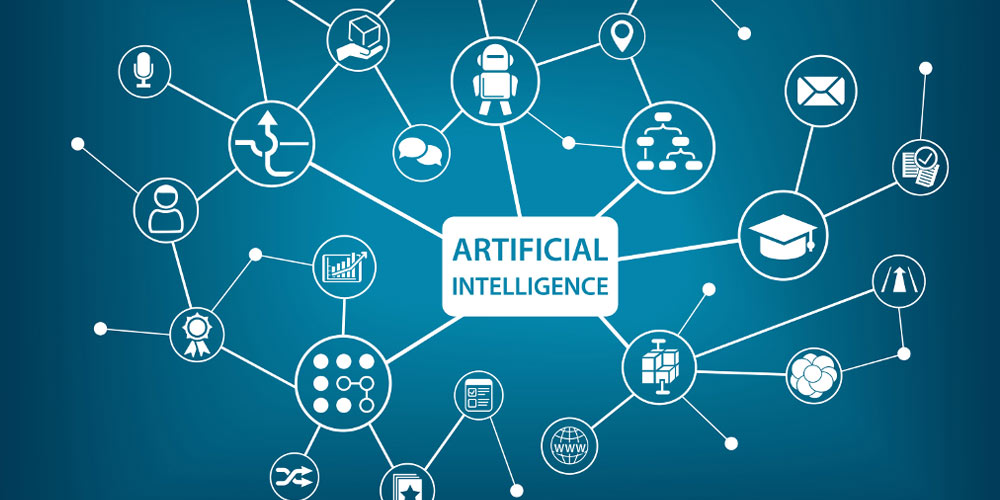It was in the late 80s and early 90s that the main driving economy for technology came from hardware.
From IBM, Intel, to Texas Instruments, they were the leaders. Sony, Toshiba, and Panasonic were household names. But after the year 2000, the time when internet came to place, the demand shifted from computer hardware development to software and mobile devices.
This was when the hardware stops becoming a major player in the industry.
This pushed companies in the software and mobile business, like Apple, Google, Microsoft, Amazon and some other big names, to flourish. They are pushing the boundaries of computing, and they do so by creating more and more sophisticated tech.
But as they advanced to create virtual assistants, as well as IoT, and mixed reality, things are again benefiting hardware. As AI powered most of them, AI helped the comeback of hardware.

The reason for the shift was because AI is hungry for power.
AI started as science fiction before becoming a trend. Then it turned to be a growing reality that automates many things. From the apps we use on our smartphones to IoT and self-driving cars, we are at ambient computing where sensors, devices, intelligence, and agents are making the internet go beyond the screen.
What's more, humans also need AI to increase nations' military capabilities, and to help with the race in becoming an multi-planetary species.
While AI is known to perfect the imperfect with its own imperfection, there is no denying that we are venturing deeper into the technology in the hopes of making it a better aid to humans.
So here, the demand increases.
For an AI to be truly useful, it needs processors and chips fast and strong enough to gather and process that vast amount of data the world is creating. With the market wanting AI in more places, AI helps the increase of the demand of powerful computers, making it catch up once again with the demands of software.
And when referring to dedicated hardware and specialized computers for AI, this means processors with high computational abilities that often include specialized architecture that makes it possible to run AI algorithms more efficiently.
The growing need for dedicated hardware fuels the resurgence of hardware worldwide.

The interest in AI has sparked competition between Nvidia which has enjoyed this shift, with other hardware companies like Intel, and even with tech giants like Google, IBM, Apple, Baidu and Facebook, which are capable of developing hardware capabilities on their own.
The trend also attracts venture capitalists who were usually shy in the hardware business.
If compared to software, creating powerful hardware needs higher investment and longer development time. With the shift, the potential for growth is again on hardware. Here, humans are once again pushing the envelope on electronics that open a variety of new innovation and entrepreneurship.
Read: Paving The Roads To Artificial Intelligence: It's Either Us, Or Them
